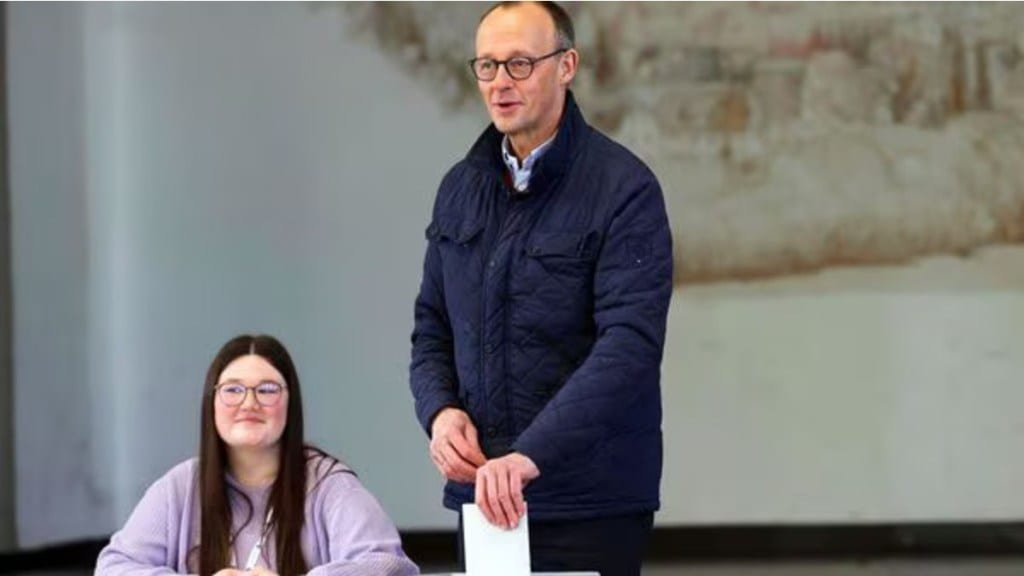German voters are going to the polls to choose their next government, with Friedrich Merz and his conservative Christian Democrats (CDU) leading the race. This early election comes after Chancellor Olaf Scholz’s coalition fell apart last year. The main issues in the campaign are Germany’s weak economy, immigration, and security.
Economic recovery and immigration reform are top concerns, driven by high energy costs, tensions from Russia’s war in Ukraine, and rising security worries after deadly attacks linked to immigrants. The far-right Alternative for Germany (AfD) has gained support and could finish second, challenging the traditional political parties.
Over 59 million eligible voters are expected to vote from 08:00 to 18:00 (local time), with many postal votes already cast. The results will be announced later in the evening.
Why this election matters?
The upcoming vote is very important for both Germany and Europe. With political deadlock and global instability, Germans are looking for strong leadership. The economy is struggling, worsened by recession and competition from China, and needs quick action. Violent attacks linked to immigrants have also led to calls for stricter immigration rules, making security a major concern for voters. This unrest has helped the far-right AfD gain support.
If the AfD doubles its seats in parliament, it could change Germany’s political landscape and challenge the rule that stops mainstream parties from working with far-right groups. Building a coalition will be key, as the leader of the largest party will be nominated for Chancellor by the president, after a parliamentary vote.
Key candidates for Chancellor
Friedrich Merz, 69, is leading the race to become Germany’s next Chancellor. As the CDU’s candidate, he has a 10-point lead in the polls. A pro-business conservative, Merz focuses on national security and economic reform. He promises border controls, less welfare spending, and faster asylum processing. Despite protests over briefly aligning with the far-right AfD, he has ruled out working with them.
Olaf Scholz, 66, the current Chancellor from the SPD, is running for re-election. While he led Germany through the Russian invasion of Ukraine, issues within his coalition and a drop in his approval rating to 31% have hurt his chances.
Germany has several political parties, including the SPD and CDU/CSU, as well as the Green Party, FDP, Linke, and the far-left Sahra Wagenknecht Alliance (BSW). The far-right AfD has gained support, focusing on concerns over immigration and security.
With high stakes and an uncertain outcome, Sunday’s election will shape Germany’s future leadership and affect European politics.


